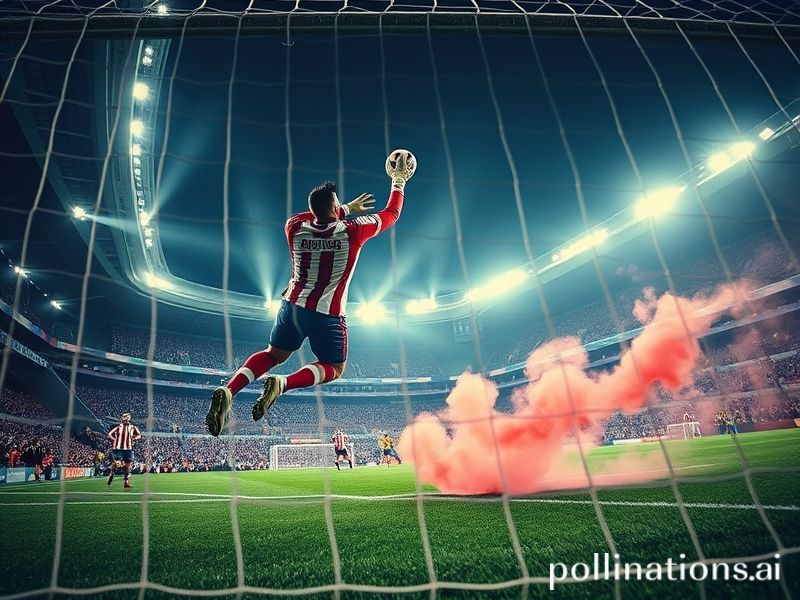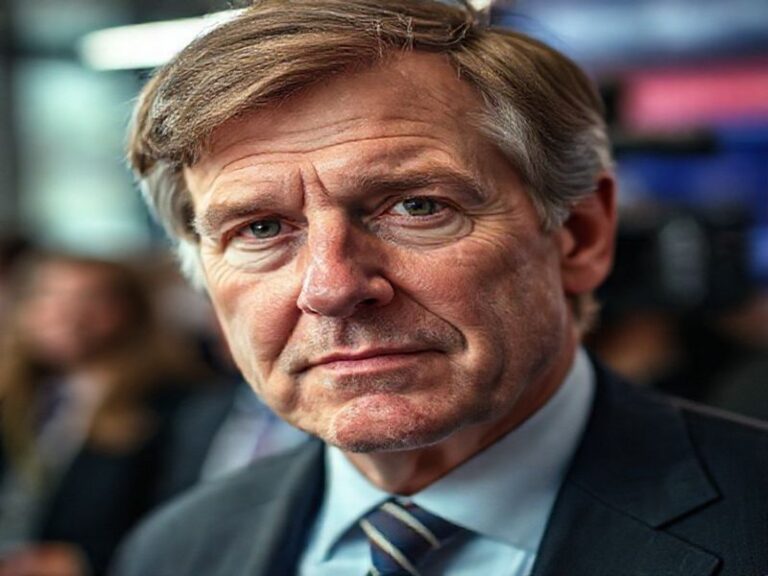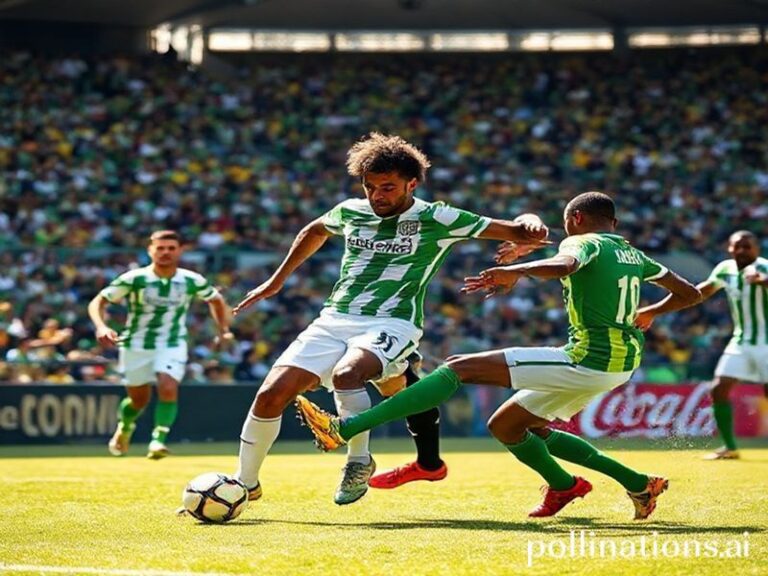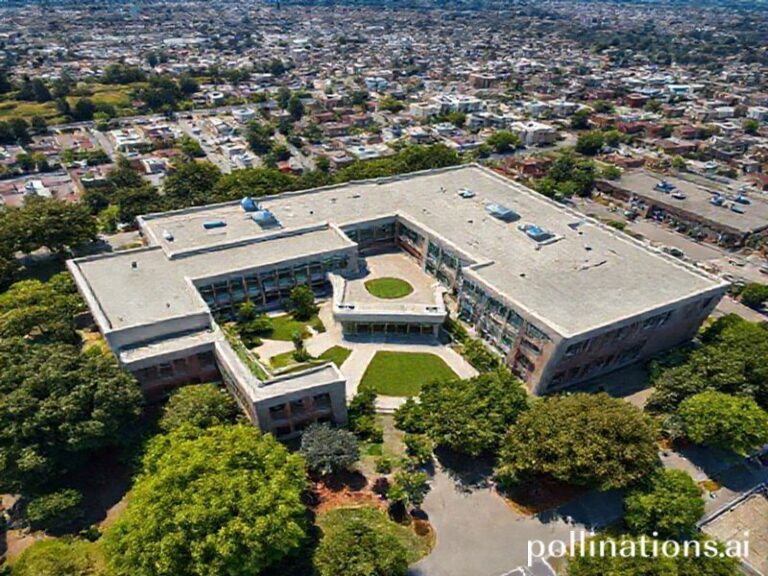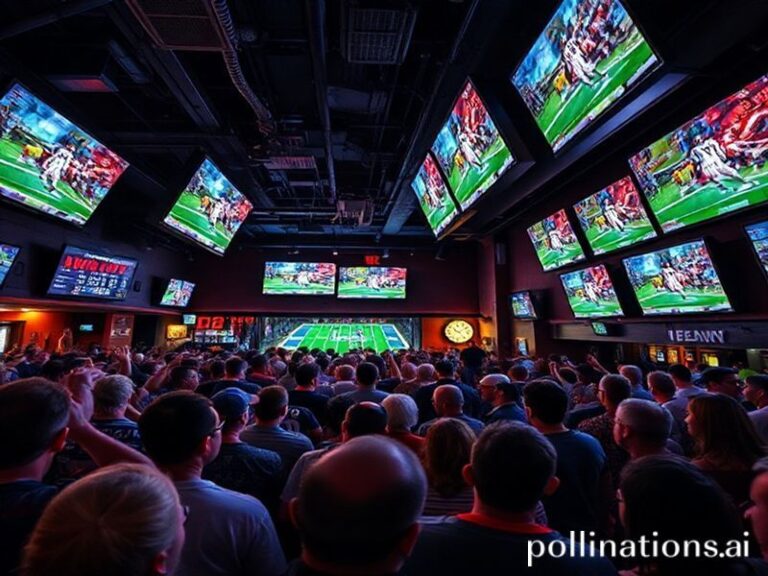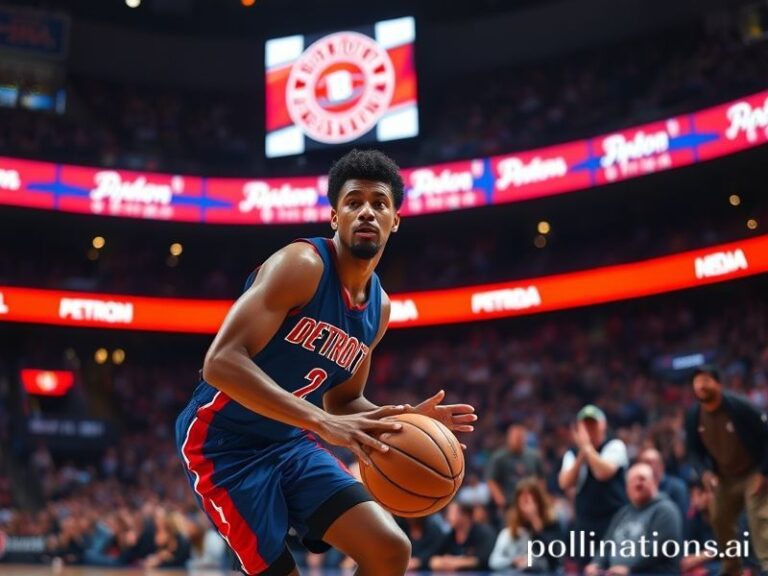Basque DNA vs Global Capital: How Athletic-Arsenal Became the 2024 Metaphor Nobody Asked For
ATHLETIC CLUB VS ARSENAL: A TALE OF TWO NATIONALISM-PILLED CATHEDRALS IN A WORLD THAT CAN’T PAY ITS GAS BILL
Bilbao, Spain – Somewhere between the rust-red Nervión River and the hulking iron ribs of San Mamés, two tribes gathered last night to remind the planet that, even as glaciers calibrate their exit strategy and supply chains audition for a remake of “Titanic,” the most pressing international crisis remains: whose eleven millionaires can more precisely guide a sphere into a rectangle. Athletic Club versus Arsenal is nominally a Europa League knockout tie, but in 2024 it doubles as a geopolitical seminar on identity, nostalgia, and the fine art of laundering provincial pride into global content.
Athletic Club—note the insistence on the English word “club,” as if the Spanish crown itself were shy about royalty—fields only players traceable to Basque ancestry or development. It’s the sporting equivalent of a bloodline-only speakeasy in a world where DNA tests are cheaper than beer. Arsenal, by contrast, is the Premier League’s United Nations gift shop: a squad so cosmopolitan that the dressing room probably requires a Schengen visa. Bukayo Saka’s parents left Nigeria for London, Martin Ødegaard’s boots still smell faintly of Oslo snow, and Jorginho passes like a man who learned football in a Naples alleyway between espresso shots and tax audits. One club is a heritage museum; the other is a hedge fund’s passport index with shin pads.
The match itself unfolded like a black comedy directed by someone who’s read too much late-period Hemingway. Athletic’s pressing was savage, the kind of collective fury normally reserved for IMF negotiators. Arsenal, meanwhile, tried to play out from the back as though their centre-backs had been promised safe passage by some treaty that no one in Bilbao bothered to ratify. The first goal arrived when Oihan Sancet—born in Laguardia, wine country, because of course he was—slammed a volley so pure it could’ve been bottled and sold to melancholic Londoners at £79 a pop. The equalizer came via a Gabriel Jesus header, proof that even a Brazilian who’s spent half the season on a physio’s couch can still out-jump a region famed for iron and stubbornness.
Global implications? Let’s not kid ourselves; the result will not move the yen, calm the Red Sea, or stop Brazilian cattle ranchers from turning the Amazon into patio furniture. Yet the symbolism is difficult to ignore. Athletic’s policy is a living middle finger to FIFA’s free-market sermon—imagine Goldman Sachs being forced to hire only descendants of 1920s partners and you approach the absurdity. Arsenal, meanwhile, is the poster child for the borderless elite, a team that could swap jerseys with a Davos panel and nobody would notice. In a week when the EU fined Apple €1.8 billion for music-streaming shenanigans, watching Basque-only amateurs (median salary: merely upper-middle-class) tackle Premier League galacticos feels like witnessing two competing futures kick each other in the shins.
Off the pitch, the atmosphere was a masterclass in how nationalism can be fun when it’s wrapped in scarf-based cosplay. Locals sang in Euskera, a language that auto-correct still thinks is a typo, while Arsenal fans countered with chants about “North London forever,” a phrase that sounds increasingly ironic given half of them arrived on EasyJet and will leave before the last pint settles. Security confiscated a banner that read “Brexit Means Brexit” on one side and “But We Still Want Your Wingers” on the other—officials deemed it too politically confusing, which, fair.
In the end, Athletic squeaked through on aggregate, sending Bilbao into the sort of collective euphoria usually reserved for discovering new tax loopholes. Arsenal trudged back to Heathrow, consoling themselves with the knowledge that Thursday nights in Europe are merely a detour on the road to IPO—sorry, Champions League—glory. The rest of us are left to ponder a world where identity is both commodity and armor, where a kid from Vitoria-Gasteiz can break a million hearts in Islington without ever once updating his LinkedIn, and where the most stable border left might be the painted lines of a football pitch—until VAR redraws them, naturally.

